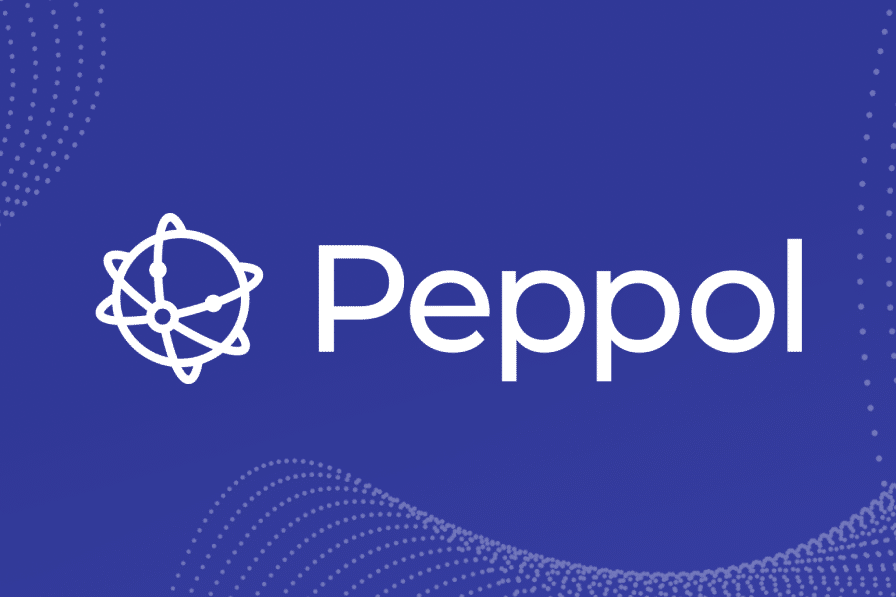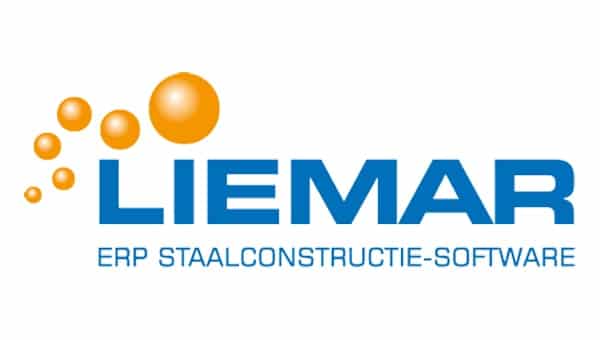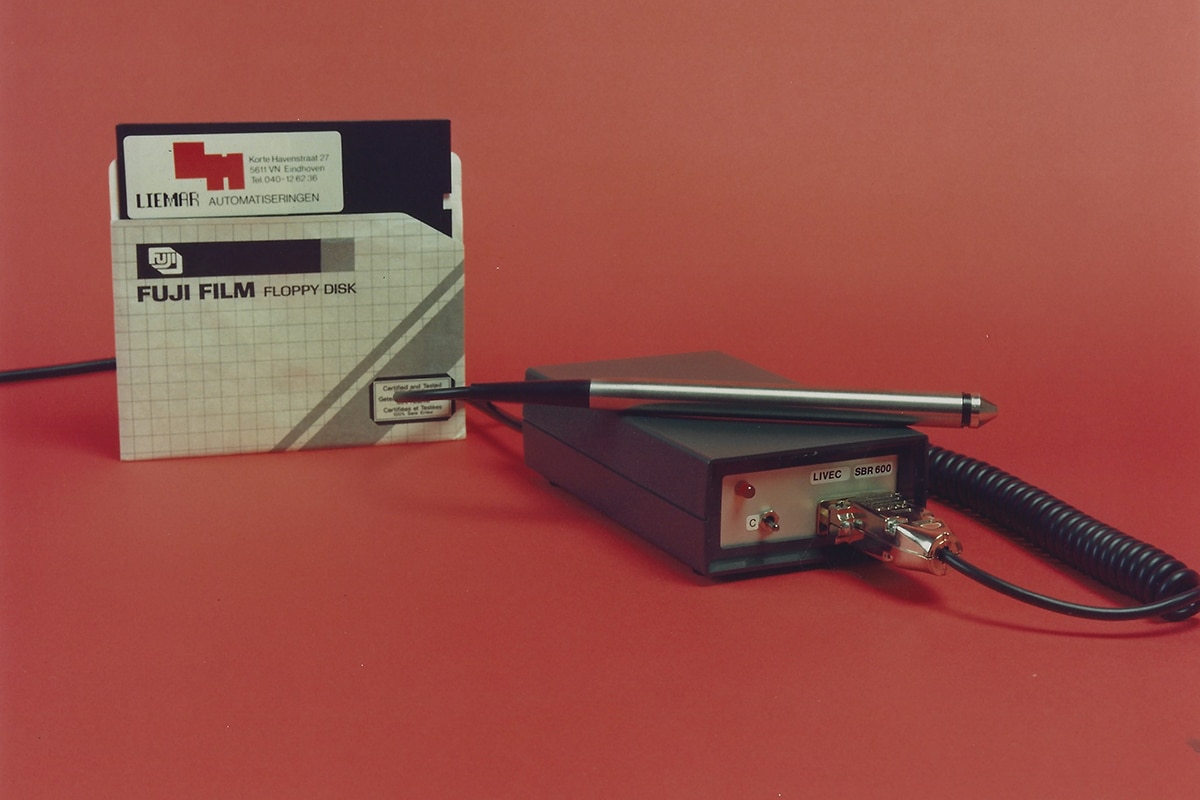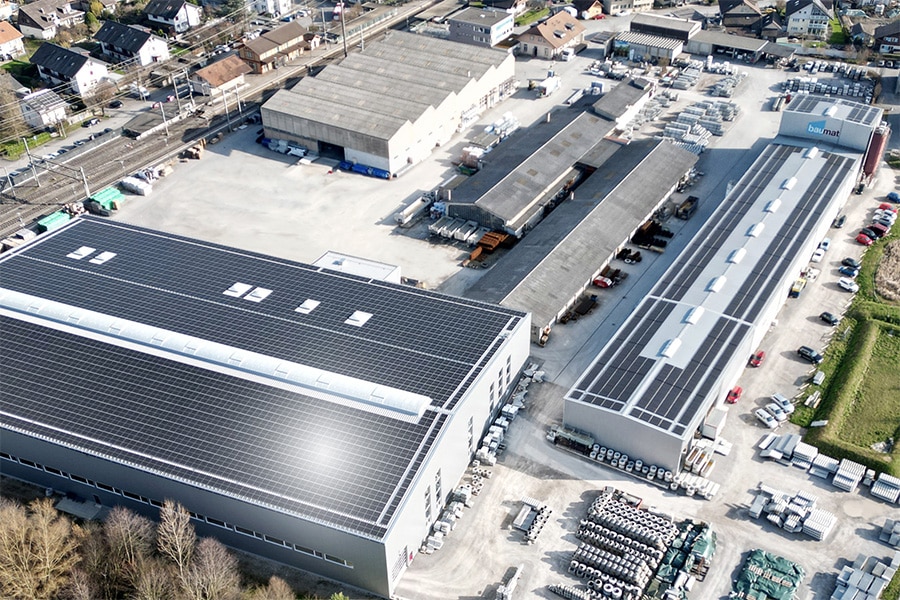
Peppol in practice: what will change for companies in steel construction?
On May 22, Liemar, together with Nymus and InfoSteel, organized an interactive knowledge session on Peppol. A hot topic, because as of 2026, e-invoicing via the Peppol network becomes mandatory in Belgium - and that has a direct impact on the sector. During the webinar, we provided insight into the legislation, the technology behind Peppol and above all, what this means in practice for steel and metal.
For many companies, Peppol is not yet a daily topic, but that will soon change. From January 1, 2026, Belgian companies will be required to send and receive their business invoices via the Peppol network. Then, frequently used methods such as an e-mail with PDF or paper invoices will also disappear from the administrative process.
For Dutch companies, the deadline is 2030, but even for them it is wise to start preparations in time - especially for companies working across borders.
The webinar focused not only on the legislation, but especially on the impact on existing processes and how Liemar, together with Nymus, guides companies in this.
What is Peppol?
Peppol stands for Pan-European Public Procurement Online. It is a European network for secure and standardized electronic invoicing. The sender and recipient exchange their invoices via approved Access Points, the message format is thereby standardized according to UBL (Universal Business Language). This approach offers legal certainty, full traceability and automatic processing within ERP and accounting systems. Manual checks and the risk of errors are thus greatly reduced.
A key difference from invoicing via PDF is that Peppol guarantees that invoices cannot be changed along the way and that every step - from shipment to receipt - is technically validated and confirmed.
What will change in practice?
The obligation means that your company must be connected to a Peppol Access Point for both incoming and outgoing invoices. You do not have to modify your accounting system: the connection to Peppol is made via this Access Point, which then transmits the data securely and correctly to your existing software.
From Liemar, we take care of the correct delivery of invoice data from the ERP system. Nymus manages the Access Point, including sending, receiving and validating messages. This way, your existing processes remain intact, but are legally and technically prepared for the new requirements.
Specifically for steel construction
Steel construction is a project-driven industry, with administrative features that do not always fit standard solutions. Consider requisition statements, split invoices per project component or specific VAT regulations. The session revealed that many companies wonder if Peppol is sufficiently flexible for their practice. In our experience, it certainly can - as long as you make the right technical translation. This is what Liemar makes together with Nymus, where ERP knowledge and infrastructure complement each other.
International invoices
For now, the obligation only applies to transactions between Belgian companies. For other situations, such as incoming invoices from abroad, existing methods remain permitted for the time being. Yet we see that more and more companies are consciously choosing to have these invoices run through Peppol as well, if they are already connected to the network. Because that provides consistency, speed and extra security within the entire administrative chain.
How to move forward?
In September, Liemar will host a follow-up webinar, which will take you through the entire process in concrete terms: from creating an invoice to processing it in the accounting system. For companies that already want to look further or have questions about their own situation, the Liemar team is of course ready to think along. Feel free to get in touch.
Heeft u vragen over dit artikel, project of product?
Neem dan rechtstreeks contact op met Liemar Software BV.
 Contact opnemen
Contact opnemen




